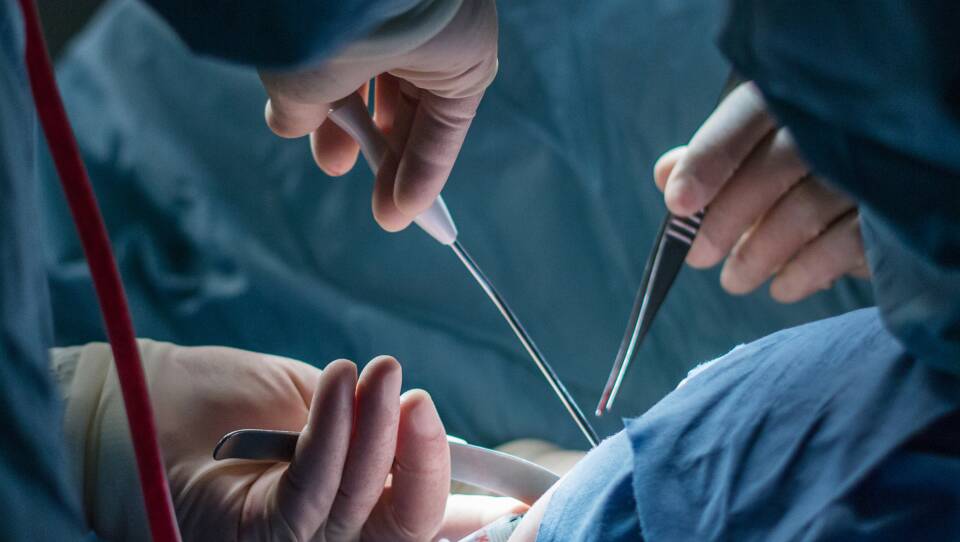Pre-surgery pregnancy tests can pose ethical questions in the case of producing a positive pregnancy test in states where abortion is banned or restricted, said Dr. Trisha Pasricha, a gastroenterologist and writer at Massachusetts General Hospital, on Boston Public Radio Thursday.
Before most elective medical procedures — for instance, a colonoscopy that Pasricha would perform as a gastroenterologist — it is routine to have a patient take a pregnancy test. Dr. Pasricha said tens of thousands of these pre-procedure pregnancy tests are done each year.
"We like to know if a person is pregnant because there are things we can do to minimize risks to the fetus," she said.
Some surgical procedures can increase a patient's risk of preterm labor or miscarriage, for example. Depending on the patient's situation, doctors may recommend giving their pregnant patient an alternative treatment or postpone their surgery.
But even before the Supreme Court of the United States announced its ruling on Dobbs v. Jackson Women's Health Organization and overturned the constitutional right to abortion abortion, some health care providers had ethical concerns about this pre-procedure practice. And now they worry such tests could pose complications for women with unexpected pregnancies if their results are documented in their medical records.
Despite privacy protections like HIPAA, there are situations where a court can order a clinic or hospital to disclose a patient’s medical records, Pasricha said.
“If having, you know, a sort of unexpected pregnancy test is part of your medical record, that could have to be disclosed in certain situations,” she said.
Pasricha said if a patient tells her that they are confident they are not pregnant and accept the risk, she will proceed with a procedure without administering a pregnancy test. But, she said, some physicians will not perform procedures without a pregnancy test result.







